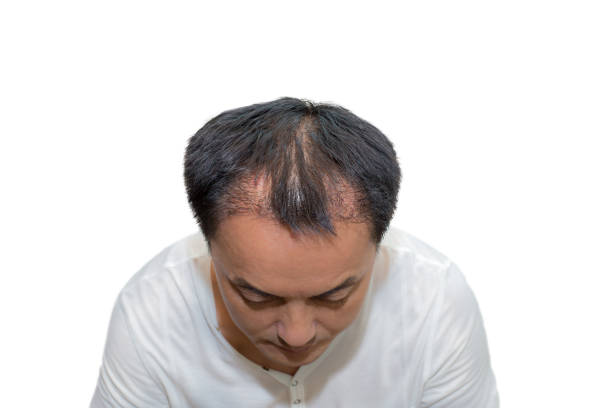Hair loss can be a very emotionally difficult experience, especially if you have spent most of your life with thick, lush hair. However, there are ways to combat this problem, and one such way is to go through a hair transplant procedure in Dubai or elsewhere in the United Arab Emirates. While the process itself can be painful and sometimes expensive, it can leave you with long-term results that make all the pain worth it. Here are some things you’ll want to know before booking your procedure with one of these hair restoration surgeons in Dubai or elsewhere in the United Arab Emirates.
How much does a hair transplant cost?
The average price for a hair transplant, including an initial consultation, two-hour surgery and one follow-up appointment is AED 2,500. If you’re looking for luxury service at an affordable price, head straight to Alborj Hair Clinic. The hair center is rated highly on Google and comes with glowing reviews from people who have undergone procedures there. For example, one satisfied customer wrote that it was the best hair transplant [he’s] ever received.
What are my hair options for transplants?
Ask any hair transplant surgeon, and they’ll tell you that there are only two types of hair transplants: FUT and FUE. FUT stands for follicular unit transplantation, which is commonly called strip surgery. During strip surgery, doctors surgically remove large sections of donor hair from areas where it’s thicker and more plentiful—typically on the back of one’s head. In contrast, FUE (which stands for follicular unit extraction) removes individual follicles directly from their current location.
How will I know if it will work on me?
Everyone is an individual with unique needs and desires, so you should never be afraid of asking questions about what your hair transplant in Dubai will look like. Only an experienced doctor will be able to give you specifics, which means it’s also vital that you choose your clinic carefully. Make sure they’re accredited by either The Royal College of Surgeons or The American Board of Plastic Surgery; reputable centers only hire top-level surgeons with years of experience under their belts, who have performed thousands of successful procedures around the world. Your transplant surgeon should have pictures on hand showcasing their best work as well as testimonials from past patients. Don’t hesitate to meet personally with a couple candidates before making your final decision!
Who do I choose to be my doctor?
Although I like keeping things real and personal, especially when we’re talking about my hairline and what looks good on me personally, there are times when I think it would be irresponsible not to get personal with my knowledge. When you’re looking for a doctor, it’s just better if you know as much as possible about how they operate, how they do business and where they come from. Let me explain…I have been searching around for the best doctors that specialize in Hair transplantation in Dubai.
Is getting a hair transplant painful?
When getting a hair transplant, there is some discomfort as you are having tiny incisions made through which new hair will be inserted. However, modern medical techniques used by skilled doctors make it very comfortable and quick recovery period. Painkillers are given after treatment. The procedure requires no sutures, stitches or bandages; so your head will look normal from day one of your treatment. The aftercare procedure itself is very easy to follow with minimal disruption to everyday life during recovery phase of about two months for good results (full hair growth in 6-8 months). That’s why most people consider undergoing a hair transplant in Dubai when they want to experience something similar but different from traditional cosmetic surgery procedures such as facelifts, nose jobs or breast augmentation for example.
How long does it take and when can I go back home after surgery?
On average, hair transplant surgeries can take up to 3 hours or longer depending on how much hair you want transplanted and where. Many patients choose to stay overnight after their surgery, but it’s best for you to arrange for someone to drive you home after 2-3 hours of being awake (usually 1-2 hours post-surgery). There are no restrictions when it comes returning back home from surgery; however, if you have any concerns then please talk with your doctor and make sure all your questions have been answered. Your clinic should provide everything that is needed prior to taking postoperative medications including antibiotics, painkillers and vitamins.

